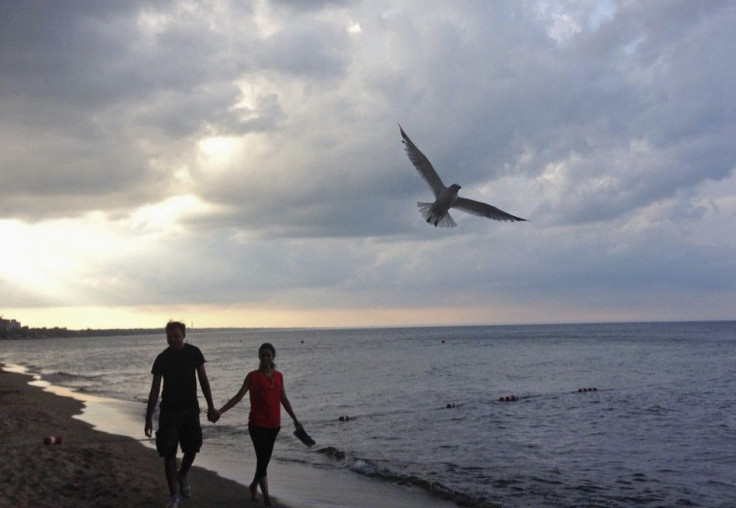Because Australia Day falls on Tuesday, almost 200,000 Aussie workers plan to call in sick on Monday

A 2015 survey of almost 100 organisations in Australia by Direct Health Solutions found that Monday is the most popular day for employees to call in sick. Forty percent of workers picked Monday, followed by Tuesday 21 percent and Wednesday 20 percent.
The results of the poll would likely be confirmed on Jan 25 when almost 200,000 Aussie workers are expected to do that for them to enjoy a long weekend. The four-day weekend begins Saturday, Jan 23, and ends on Tuesday, Jan 26, which is Australia Day – national holiday, reports The Sydney Morning Herald.
In the past when Australia Day fell on a Tuesday, 16 percent of Aussies surveyed had feigned illness on Monday at least once. Among Sydney residents, 15 percent, and among Melbourne workers, 16 percent admit to the practice, according to a survey by Clipp, an app provider. The Monday call in would be part of average 8.6 days a year that Australian workers use, which costs the company $347 a day.
Based on an estimate of 180,000 Aussie employees calling in sick on Monday, Kate Carnell, chief executive of the Australian Chamber of Commerce and Industry estimates it would cost companies $62 million nationwide. Because unplanned staff absences is costly for employers, the Victorian Chamber of Commerce and Industry is encouraging workers to use annual leave or another leave entitlement if they want to enjoy a longer weekend.
“Reasonable employers will not begrudge their staff having a well-earned break, but it needs to be done the right way,” explains Carnell.
Bookings in Wotif.com, a travel site, confirm that many Aussies are planning to go on a furlough from Jan 22 through 26. The site identifies Surfers Paradise as the number on beachside bookings, while those planning a city rest picked Melbourne and Warrnambool for coastal holidaymakers.
Because some holidays fall on a Tuesday, Wednesday or Thursday, rather than disrupt the economy with a one-day midweek national holiday, former Philippine President Gloria Macapagal-Arroyo made holiday economics one of her administration’s legacies. The government moved the day off to either a Monday or Friday closest to the actual celebration so Filipino workers could enjoy a longer three- or four-day weekend. The policy though, was chucked by the current president, Benigno Aquino.
However, Chinabusiness points out that Arroyo did not invent holiday economics, she just instituted it into Philippine business. It cites three weeklong holidays declared by China in 2000 by expanding holidays to holiweeks to boost consumer spending.
The Philippine National Statistical Coordination Board, in October 2003, claimed holiday economics could boost the country’s gross domestic production y 3.5 percent through consumer spending. However, the Web site points out that the impact of the policy on businesses is debatable, although for tired employees, a few extra hours sleeping or lazing on the beach has immeasurable effect on their productivity too when they return to work on a Tuesday or Wednesday.





















